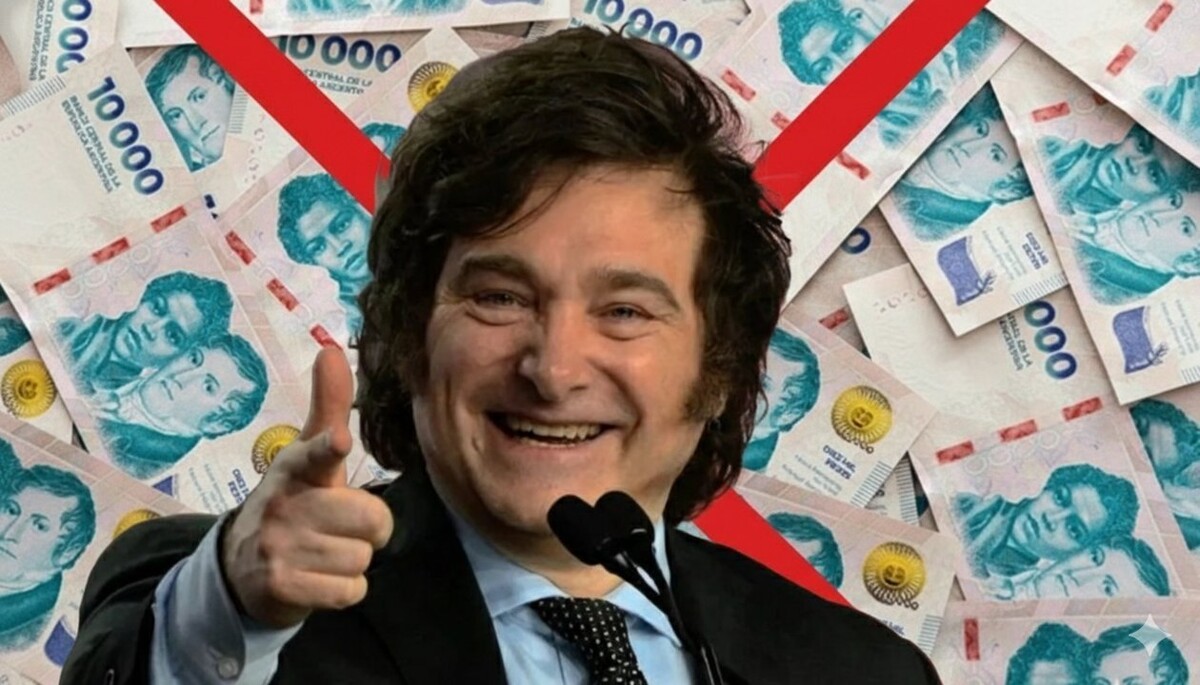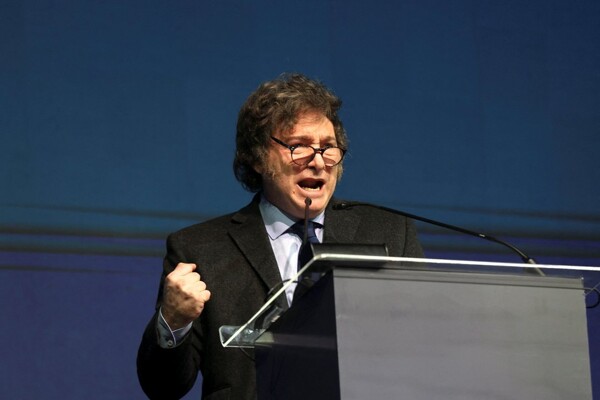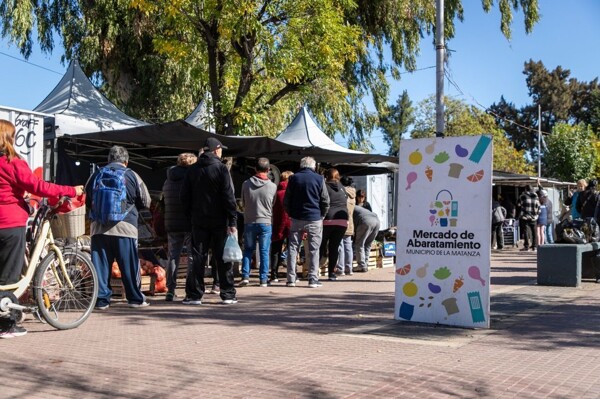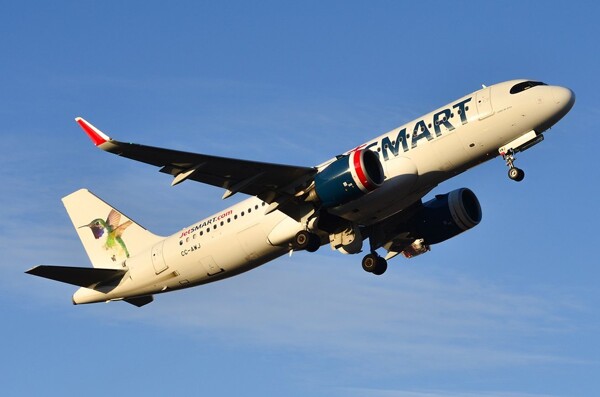
The 'Law to Promote Investment and Employment' project, driven by the government of Javier Milei, modifies Article 105 of the Labor Contract Law (LCT), expanding the ways in which the salary can be satisfied. What the 'Food Basket Vouchers' were and for what purpose Javier Milei would reactivate them with the labor reform. According to what Noticias Argentinas learned, the new wording states that 'the salary must be satisfied in money, in kind, housing, food or through the opportunity to obtain benefits or profits'. Although the current law already allows payment of up to 20% of the salary in kind, the new wording gives greater prominence to these forms of payment. Non-remuneratory complementary benefits The key point of the article is that it defines which 'complementary benefits' (in money or in kind) granted by the employer will not be considered part of the remuneration and, therefore, would not be subject to contributions, nor would they be counted for the bonus or indemnifications. Exceptions to remuneration include: Per diems accredited with receipts or per kilometer traveled. Reimbursement of transportation (SUBE): Reimbursement of transportation expenses (even without receipts, by depositing in SUBE or another platform) will not be considered salary. Housing: The 'lending of a dwelling' owned by the employer or the provision of housing 'under any title' in cases of 'serious difficulty in accessing it'. Withdrawals of partners or directors as an account of profits. This modification allows employers to compose part of a worker's compensation with these items without increasing the taxable salary base.














